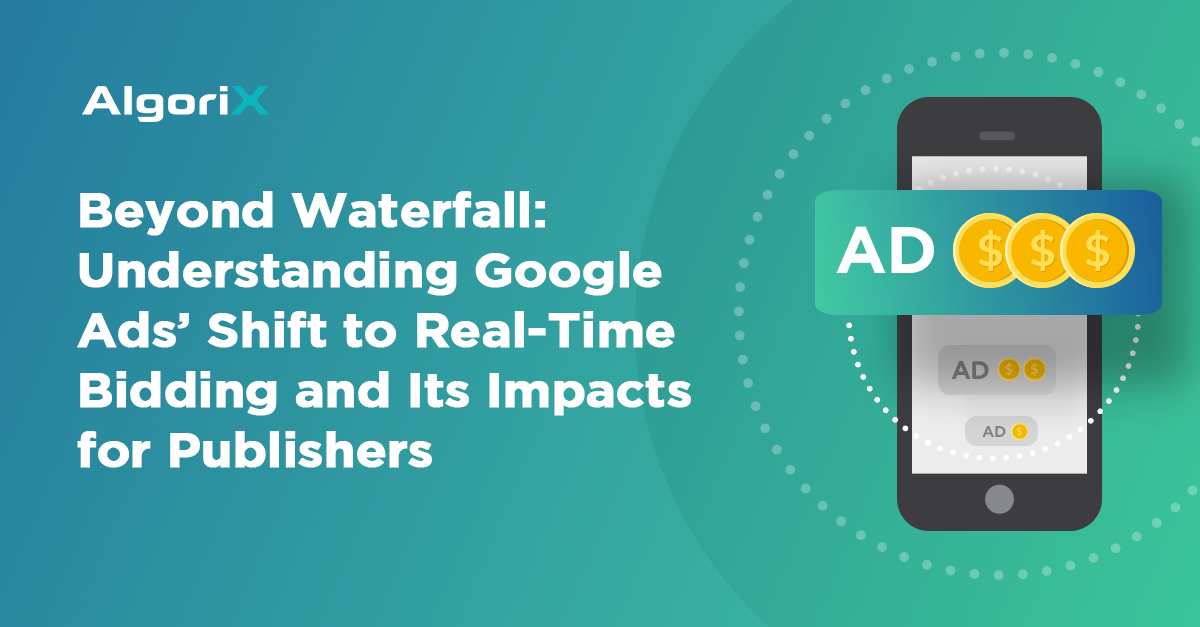For display advertising, 2019 was a tumultuous year. From third-party cookies’ restrictions and advertising innovations, such as digital out of home (DOOH) and connected television (CTV), advertisers are forced to shift their gears when it comes to reaching their audiences better. As such, many are questioning – where is digital advertising headed to this 2020?
Like any disruptive technology, there is a need for digital advertising to continuously innovate. If digital advertising can embrace these changes with a positive stance, then it is highly likely for the industry to effect a creative resurgence similar to what it did from 25 years ago with the first banner ad.
Current Challenges in the Display Advertising Industry
One of the main challenges that display advertising has to overcome is the stigma associated with it. For some, this form of advertising is something that wouldn’t work in this day and age when consumers give high importance to relevance and context. In December 2018, over 185 million consumers went online. Unfortunately, less than half of the brands were able to utilize the power of display ads in terms of providing customized experiences and relevant information, which significantly affected ad revenues of even the big players in the industry.
Closing the Gap
But all is not lost for display advertising. Many advertising experts are excited about how display advertising would innovate. So, what can organizations do to close this gap?
Exploit Automation
Don’t commit the mistake of using generic banner ads. If you do, you’re choosing death for your brand. Remember, as much as 54 percent of consumers expect brands to provide them with tailor-fit in-app advertising based on their past buying journey. For organizations, this means that their marketers should focus on delivering contextual ads. For example, a brand can turn to mobile game monetization by accepting in-app advertisements based on the consumer’s previous behavior. With tons of consumer data to sift through, organizations must use the power of automation to their advantage. Another way to do this is timing push notifications when the user is likely to open an application based on their usage history.
Invest in Creativity
While automation can make your job manageable, it can never replace creativity. Advertisers should invest their resources in developing creative ad concepts that aim to make consumers take affirmative action towards your brand. One of the techniques positively received by consumers is responsive display advertisements (RDA), which automatically adjusts to different ad placements. Why? Because RDAs adapt to user behavior by dynamically using appropriate creatives for multiple screen sizes and devices, thus making it more appealing. This display ad format allows the leveraging of creative exploits while ensuring the timely delivery of relevant messages to their target audience.
Keep Innovating
Innovation is key to surviving in the advertising world. For display advertising to remain relevant in the next years, marketers should keep on searching for new advancements that can allow them to reach their target market. For example, investing in programmatic advertising which relies on outcome-based bidding would bring in more positive results. At present, there is notable progress in the use of animation and audio-visual interactive technology for mobile advertising. Similarly, there is an increasing application of Dynamic Creative Optimization that allows advertisers to craft ads based on obtained user data.
The Future of Display Advertising
For now, display ads would remain relevant because more and more ad agencies are embracing the idea of moving away from traditional strategies. Recent advancements have made it easier for advertisers to reach their audience. Many advertisers are now shifting to programmatic advertising to offer a more personal level of targeting. The key is getting the right message heard by the right people.











